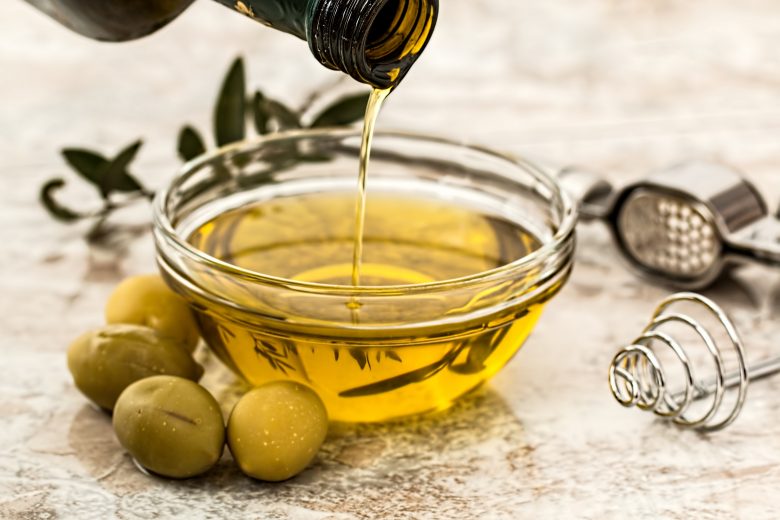Fats are one of the macronutrients required by the human body and it is the most calorie-dense of all the macronutrients. And consuming healthy fats in moderation is beneficial for the human body in many ways.
Here is an analysis of the four types of fats that are commonly found in our foods.
Monounsaturated Fats:
- Monounsaturated fats are liquid at room temperature and have one double bond in their chemical structure.
- These fats are known to lower LDL (bad cholesterol) while helping to maintain HDL (good cholesterol), thereby decreasing chances of heart diseases.
Polyunsaturated Fats:
- Polyunsaturated fats have more than one double bond in their chemical structure. They improve blood cholesterol levels and they too decrease the risk of heart disease.
- Polyunsaturated fats are further branched into Omega-3 fatty acids and Omega-6 fatty acids.
- These two sub-branches deserve a special mention since our body cannot produce these ourselves but are still essential for the body’s normal function.
- Omega-3 fats help to develop our sight and nervous system while Omega-6 fats are good for the heart.
SATURATED / HYDROGENATED FATS
The term “saturated” or “hydrogenated oils / fats” used on food labels means that it contains fats that are suffused with hydrogen atoms.
Saturated Fats:
- Their chemical structure does not have double bonds since they are “saturated” with hydrogen atoms. This structure is why they are mostly solid at room temperatures.
- Such fats are to be controlled and eaten in moderation. When eaten in large quantities, these fats have been known to increase LDL, which is bad cholesterol that can cause a higher risk of heart disease, among other ailments.
Trans Fats:
- Most of the trans fats that we see today are synthetically made. These fats occur naturally in some foods but only in very small quantities. On food labels, these fats are also marked as hydrogenated or partially hydrogenated oils / fats.
- Synthetic trans fats are made by taking liquid unsaturated fats and storming them with hydrogen. This process of hydrogenation is done simply to increase the shelf life of foods and to make them easier to cook with.
- Trans fats are very harmful for the heart since it not only increases LDL (bad cholesterol) but also reduces HDL (good cholesterol) in the body.

Fats are not our enemies. We just need to identify what sort of fats exist in the foods we eat and control the consumption of the more unhealthier fats. To this effort, it helps to pay attention to product labels in food to find the nutritional information per serve and convert to healthier alternatives wherever possible.





